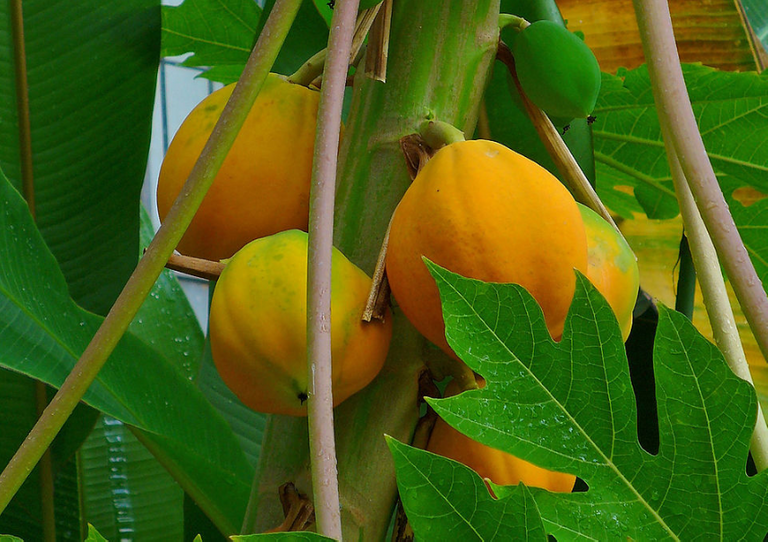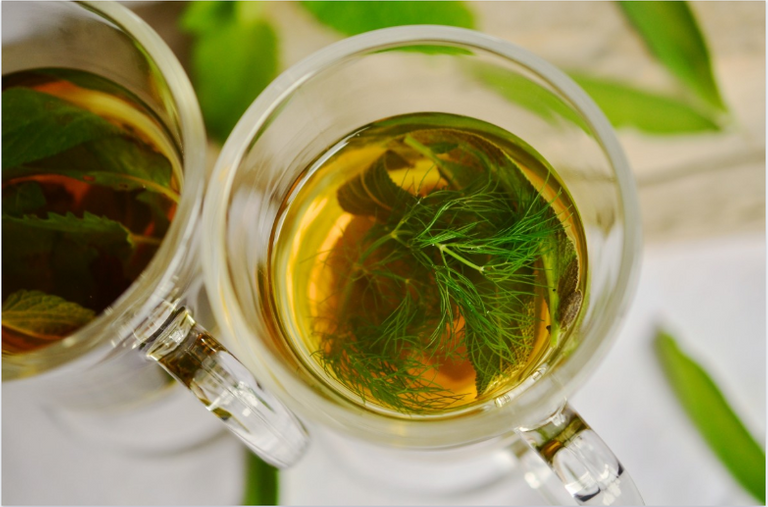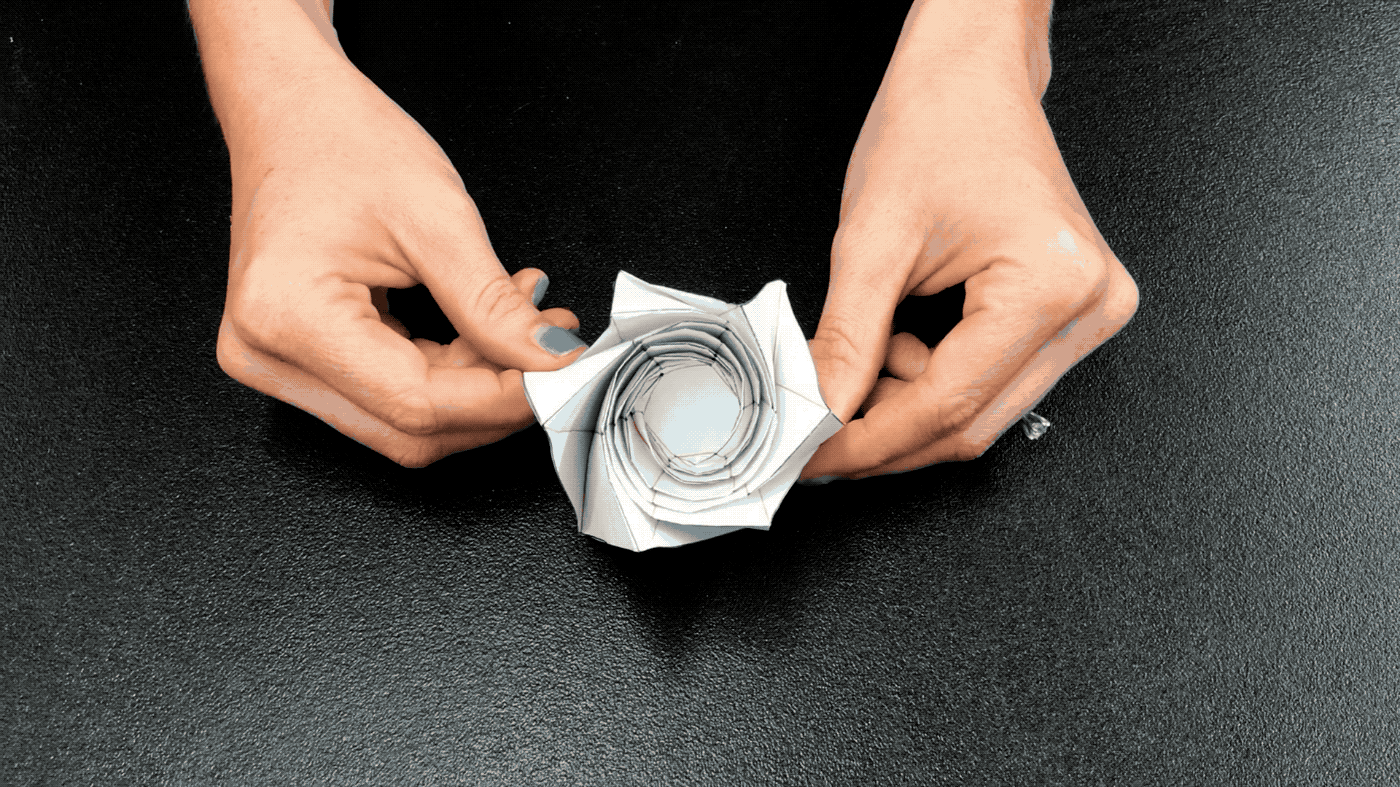How do you prepare your herbal extracts?
There is no going back on the fact that plants and plant extracts have been serving man since the beginning of time. Before the advent of synthetic drugs, natural plant products have been key in the maintenance of the health of individuals. Up till today, herbs, as some people commonly call it, represent a major source of the drug for treating ailments in some people and several anecdotal and scientific evidence exist to prove their efficacies.

Even though as of today, herbal treatment of ailments is kind of limited to a section of the population in the underdeveloped and developing countries of the world (and some enthusiasts in developed countries as well), there exist several advantages in the use of herbs over synthetic drugs.
- Plants are cosmopolitan. They exist all around us and each plant represents potential medicines, even the seemingly poisonous ones. The ease of obtaining herbs over conventional drugs represents one of the huge advantages of herbal medicines.
- Due to their ease of assessment, herbal medicines are more pocket friendly than synthetic drugs. In actual fact, they can cost nothing as long as the required herb grows around where it is needed.
- Herbs are 100% organic and compatible with the human body. They leave very little or no side effects when taken and provide natural healing. Synthetic drugs most often come with their side effects and also contain inorganic contents that might be alien to the body. These contents might require a special effort by the body system to get rid of them.
Disease-causing organisms, also known as pathogens, sometimes mutate and develop resistance to drugs. The hope of humanity lies in the continuous search for more advanced options to keep up with the rate of evolution of pathogens. The world's plant biodiversity represents a huge pool for future drug discovery for the treatment of diseases caused by evolving pathogens.
Herbal extract preparation
One popular method of utilizing plants for medicinal purposes is the consumption or topical application of their extracts. Although refined extracts are generally considered to be safer than crude extracts, the latter remains the primary mode of consumption for several local people. In Nigeria, below are the most common methods of preparing herbal extracts locally:
Aqueous preparations
Water is generally referred to as a universal solvent and as such, it is one of the most widely used liquids used in the dissolution of solutes. Aqueous preparation of plant extracts varies depending on the state of the plant materials - whether it is in dry form for fresh form.
- Fresh plant materials: In fresh form, plants are macerated in clean water to extract the phytocontents. Thereafter, the extract is separated from the plant debris using a muslin cloth or any other appropriate sieving method. In some cases, cooking salt is added to the macerating mixture to leach out the phytocontents and further aid the extraction.
- Dry plant materials: Dry materials usually have their bioactive contents in concentrated forms since moisture has been removed to a certain degree due to the drying. To extract the contents, materials are soaked in water and allowed to stand for a certain period of time depending on the nature of the material. The standing time could be as short as a few minutes for some materials and as long as 72 hours for some.
Aqueous herbal preparation in some quarters makes use of hot water in order to further increase entropy and aid extraction.

Alcoholic preparations
Instead of using water, some prefer to use solvents that are alcohol-based. Water is a polar solvent and will readily extract polar molecules while alcohol is less polar and is able to extract less polar molecules.
Alcohol-based solvents are sometimes used to extract plants in ways similar to how water is used. The solvent to be used, however, must be one that is non-toxic to humans. Several commercial herbal mixtures sold around here are alcohol-based and provides a two-in-one opportunity to treat ailments as well as get 'high' for those that love to do so.
Some of the alcohol-based solvents commonly used include locally fermented gin, palm wine, commercial gins, and so on.
Summary
It does not matter how technologically advanced the entire world is, plants have been, and remain to play important roles in the health and overall well-being of humans.
Herbal extracts consumption remains one key way in which plants are utilized in the treatment of ailments. Preparation of extracts can be done using water or alcoholic drinks as the solvent for extraction. Each solvent presents its advantages. While water will extract water-soluble contents of plants, alcohol will extract less water-soluble contents with some degree of overlapping in the ability of the two solvents.
Extraction can be done by using fresh or dry plant materials. Extractions done using fresh plant materials are usually ready for consumption almost immediately while those done using dry materials can take days before the extraction is completed and the extract ready for consumption.
All the methods described in this post are peculiar to Nigeria. How do you prepare herbal extracts in your own country or locality? Feel free to engage me in the comment section.

Disclaimer: All the opinions expressed in this post are strictly mine unless otherwise stated. Indiscriminate consumption of plant materials can be harmful to one's body system. Always do your own research before consuming plant extracts for therapeutic purposes. Better still, always consult your physician if you feel unwell.
Twitter link: https://twitter.com/gentleshaid/status/1255531965903667201?s=20
This is a topic I am definitely looking to explore more! Other than using fresh herbs in teas and cooking, I had not really utilized them in other "medicinal" ways until recently. I am trying out making tinctures using alcohol for pine catkins and oregano from the garden right now for their wellness properties. I have plenty of mint and lemon balm that I may tincture, as well as look into a few other ways to preserve their healing elements. I dry plenty, but would love to find more ways to really utilize the abundance around! That's why I love the @naturalmedicine community to continue to learn and expand my knowledge base. :)
Interesting. I mostly just macerate fresh plant materials for my own herbal medicine as I believe fresh materials are better than dry materials. Some volatile contents of the plant might have evaporated off during drying, thereby reducing the efficacy of the herb.
When I was a kid I remember my grandma making mint extract. She mashed fresh mint leaves, placed them inside a glass bottle which she then filled with sugarcane liquor and let it be for a while. I don't know for how many days. But, I only recall her using it for making homemade mint chocolate truffles. I suppose that it's because they were more memorable than any possible remedy! :P
Lots of love to you from Portugal.
I trust you are all safe and peaceful over there <3
That looks like it would make a good drink. Tempted to try it out myself, maybe after the lockdown.
We are all safe around here although things are yet to open up.
Love from us... From Nigeria
Your post reminds of the popular alcohol based herbal extracts usually sold around motor parks and taken primarily to relieve back pains. It is called "ọ̀pá ẹyin" in Yoruba, meaning "spinal cord".
This is a really good way to look at the subject. Would be interesting to see if there are variations in herbal extract preparation all over the world.
Ọ̀pá ẹyin, ale, afato......the taxonomy is quite many. Those park managers and driver are gross abuser of that herbal extracts.
Nice post @gentleshaid!
Here in Thailand alcohol extraction is most common - water extraction is not stable enough in the heat. Most common alcohols are home made organic rice spirit. 😊 Professionally I use a food grade ethyl-alcohol 95 surgical spirit.
Oil extraction is also really common - macerated plant material steeped in warm oil for a day - or a year. 😆
Which part of Nigeria are you from?
#POSH https://twitter.com/Lotus_Medicine/status/1255828567084032000?s=20
Thanks for adding the oil extraction. I just remembered that my wife do extract carrot using oil, I totally missed that in my post and might have to edit when I have the time. But she only allows the macerated materials to stay for like 24 hours, I hope that period is enough for extraction. A year is probably too long...haha
I'm from the Southwestern part of Nigeria.
@trucklife-family here, such a wonderfully informative post. I like to make infusions and tinctures with the medicinal herbs I harvest, or sometimes I just make a poultice after chewing some in my mouth, obviously depending on the plant used. Thanks so much for sharing this information with us all.

Thanks for sharing
Congratulations @gentleshaid! You have completed the following achievement on the Hive blockchain and have been rewarded with new badge(s) :
You can view your badges on your board and compare to others on the Ranking
If you no longer want to receive notifications, reply to this comment with the word
STOPDo not miss the last post from @hivebuzz:
Vote for us as a witness to get one more badge and upvotes from us with more power!
I think mojito is the perfect way to extract mint :P
Thanks for your contribution to the STEMsocial community. Feel free to join us on discord to get to know the rest of us!
Please consider supporting our funding proposal, approving our witness (@stem.witness) or delegating to the @steemstem account (for some ROI).
Please consider using the STEMsocial app app and including @steemstem as a beneficiary to get a stronger support.